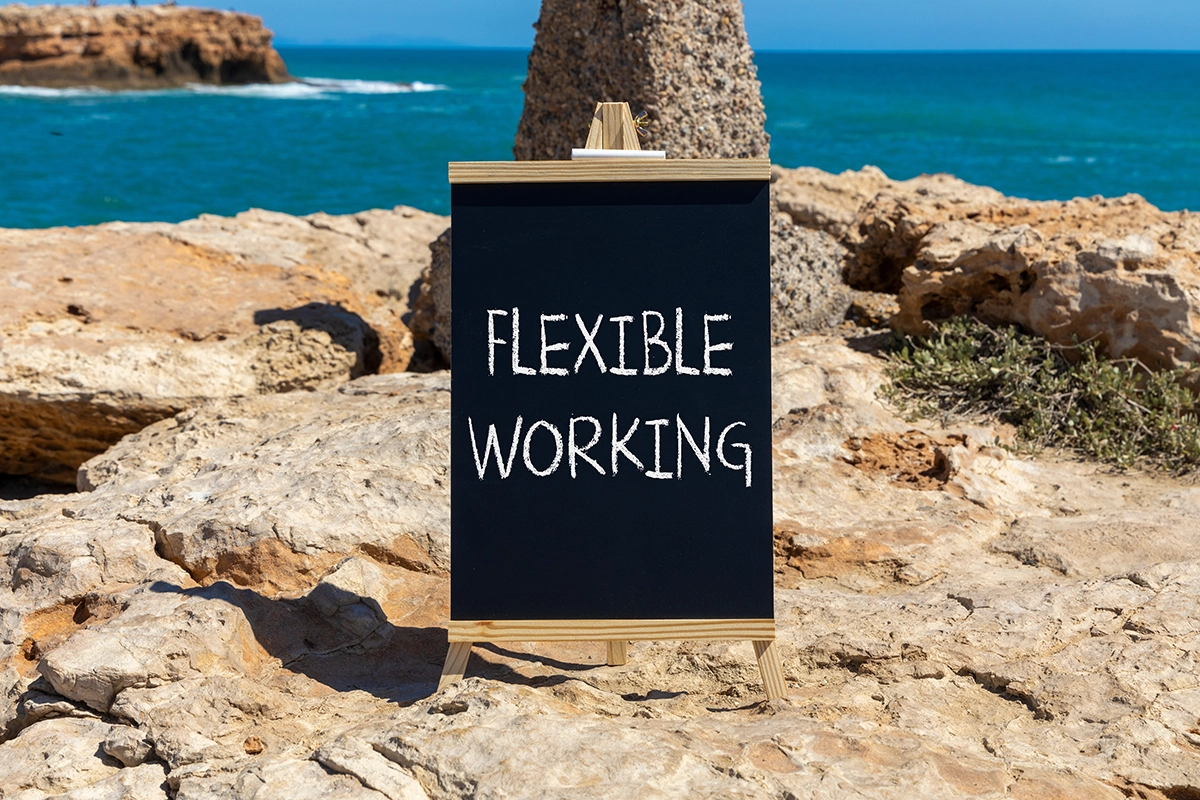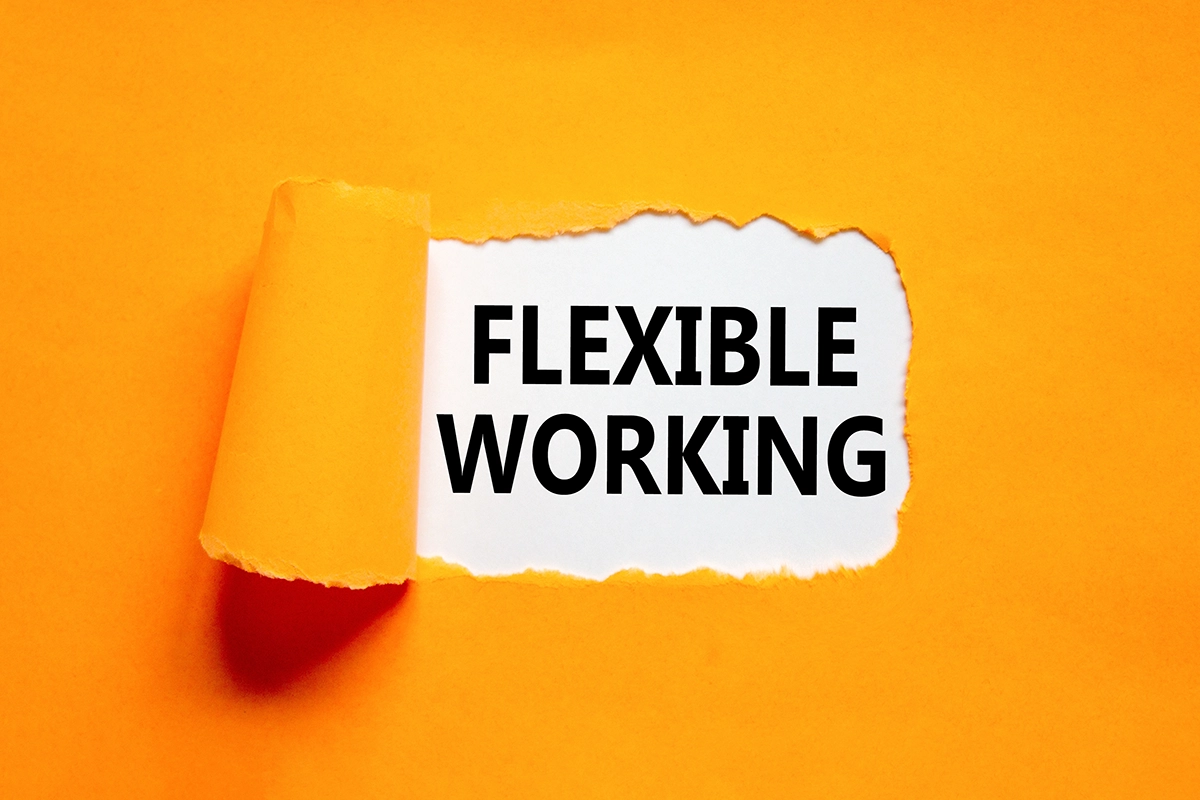Unveiling Flexibility: An Exploration of Flexible Office Spaces
The traditional office landscape, characterised by assigned desks, rigid layouts, and long-term leases, is undergoing a significant transformation. Fuelled by the rise of remote work and an emphasis on employee well-being, flexible office spaces are emerging as a dynamic alternative. But what exactly are these adaptable work environments, and how are they revolutionising the way we work?
The Core of Flexibility: Adaptability Reigns Supreme
At the heart of the flexible office concept lies the notion of adaptability. Unlike their traditional counterparts, these spaces cater to the ever-evolving needs of businesses and their employees. Gone are the days of fixed desks and inflexible layouts. Flexible offices offer a diverse range of work settings, including:
- Open workspaces: Designed for collaboration and interaction, these areas are ideal for brainstorming sessions or team projects.
- Private offices: For focused work or confidential meetings, private offices provide a quiet and secluded environment.
- Hot desking: This system eliminates assigned seating, allowing employees to choose an available desk each day depending on their needs.
- Meeting rooms: Fully equipped meeting rooms cater to presentations, video conferences, or client interactions.
- Relaxation areas: These lounge-like spaces offer employees a chance to unwind, socialise, or recharge during breaks.
The key lies in the ability to seamlessly switch between these various zones. Employees can book specific desks or meeting rooms in advance, ensuring they have the appropriate space for the task at hand. This level of customisation empowers individuals to work in the environment that fosters their best work.
Benefits Abound: Why Businesses are Embracing Flexibility
The advantages of flexible offices extend far beyond offering employees a variety of work settings. Businesses are discovering a multitude of benefits associated with this dynamic approach:
- Cost-Effectiveness: Flexible office spaces typically come with all-inclusive pricing, covering furniture, utilities, internet, and cleaning services. This eliminates the need for significant upfront investments in fixed office infrastructure. Additionally, the ability to scale up or down quickly allows businesses to adjust their workspace needs based on fluctuating team sizes or project requirements.
- Enhanced Employee Satisfaction: Flexible work arrangements, often paired with flexible office spaces, provide employees with greater control over their work schedules and locations. This can lead to increased satisfaction, improved work-life balance, and ultimately, a more engaged workforce.
- Talent Acquisition and Retention: In today’s competitive talent market, offering a modern and flexible work environment can be a significant advantage when attracting and retaining top performers.
- Improved Collaboration: Open floor plans and collaborative areas within flexible offices foster interaction and communication amongst employees. This can lead to greater innovation, problem-solving, and knowledge sharing.
- Scalability and Adaptability: As business needs evolve, so too can a flexible office space. With minimal disruption, the layout can be modified, desks can be rearranged, and the overall space can be adjusted to accommodate growth or contraction.
Beyond Physical Space: The Rise of Flexible Workstyles
The concept of flexibility extends beyond the physical office space itself. Flexible work arrangements are becoming increasingly popular, allowing employees to work remotely, adopt hybrid schedules, or choose compressed workweeks.
Flexible offices are ideally suited to support these evolving work styles. With features like hot desking, bookable meeting rooms, and high-speed internet connectivity, employees can seamlessly transition between the office and remote work settings without compromising productivity.

The Future of Work: A Hybrid Landscape
Looking ahead, the future of work is likely to embrace a hybrid model. Traditional offices won’t disappear entirely, but their role will likely shift. They may become hubs for collaboration, team building, and client meetings, while individual work is increasingly done remotely or in flexible office spaces.
This hybrid approach offers numerous advantages for both businesses and employees. Businesses can leverage the cost benefits of a smaller physical footprint while still providing employees with the social and collaborative aspects of a traditional office environment. Employees, on the other hand, can enjoy the flexibility to work from the location that best suits their needs, fostering a sense of autonomy and a healthier work-life balance.
Embracing Flexibility: The Road Ahead
Businesses that successfully navigate these considerations and embrace flexibility stand to reap significant rewards. Here are some key steps to take:
- Conduct a Needs Assessment: A thorough evaluation of current and future workspace requirements is crucial. Consider team size, growth projections, and the types of work activities performed when determining the ideal amount and type of flexible space needed.
- Pilot and Experiment: Businesses can dip their toes in the water by implementing a pilot program in a designated area or partnering with a flexible office provider for a limited period. This allows for experimentation and data collection before making a full-scale commitment.
- Invest in Technology: Ensure a robust IT infrastructure is in place to facilitate seamless communication and collaboration between employees in the office, at home, or in various flexible workspaces.
- Prioritise Training and Support: Provide training to employees on using new technologies, fostering effective communication strategies in a remote environment, and promoting a culture of collaboration amidst a dispersed workforce.
- Embrace Transparency and Communication: Clear and consistent communication is vital during the transition. Keep employees informed about changes, address concerns, and solicit feedback throughout the process.
Conclusion: A Flexible Future Beckons
The rise of flexible office spaces reflects a fundamental shift in how we perceive work. It’s no longer about simply occupying a physical space for a set number of hours each day. Instead, it’s about empowering individuals and fostering a work environment that promotes productivity, well-being, and innovation. As businesses embrace flexibility, the future of work promises to be a dynamic and adaptable landscape, catering to the evolving needs of both organisations and their employees.
For more information on Flexible Office Spaces contact Highstone Business Centre.
